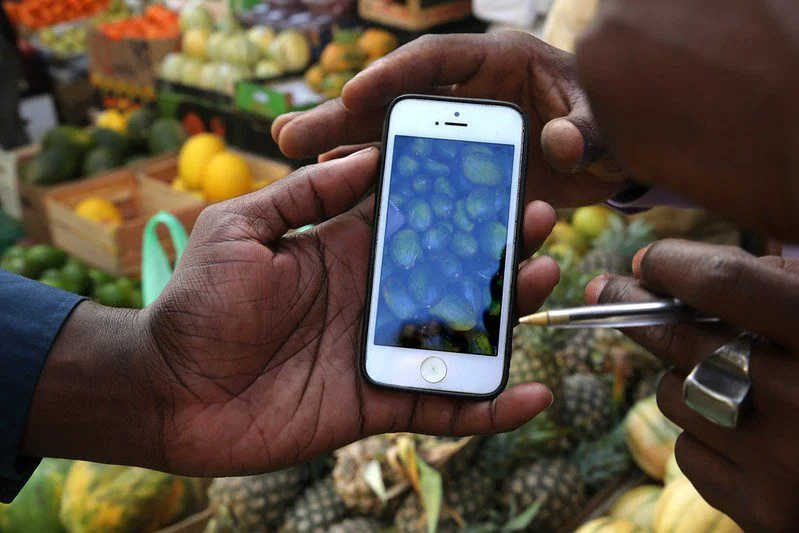A recent report from the GSMA Central Insights Unit, in collaboration with the United Kingdom’s Department for Business and Trade, reveals that while Africa’s e-commerce sector is growing, it remains underutilized, with significant potential for expansion. The report, titled E-commerce in Africa: Unleashing the Opportunity for MSMEs, was launched at the 2023 Mobile World Congress (MWC) in Kigali, Rwanda, and highlighted how e-commerce can help micro, small, and medium enterprises (MSMEs) grow, enter new markets, and improve profitability and resilience.
Despite advancements in connectivity and mobile technology, e-commerce as a proportion of total retail sales in Africa remains much lower than in other parts of the world. This indicates that many MSMEs on the continent are not fully leveraging the e-commerce opportunity for growth. The report was released during an event hosted by African Business on the sidelines of MWC Kigali.
According to the report, although 2022 saw 400 million Africans using e-commerce services, this is still a small fraction of the continent’s 1.4 billion population, demonstrating ample room for growth in the sector. The report’s findings were based on interviews with 1,500 MSMEs across Egypt, Ethiopia, Ghana, Kenya, Nigeria, and South Africa, alongside experts from additional countries such as Rwanda, Senegal, and Tanzania.
Daniele Tricarico, Senior Director of Central Insights and Monitoring & Evaluation, explained that e-commerce adoption is steadily increasing, with forecasts suggesting that nearly 600 million Africans will be online shoppers by 2027. However, MSMEs still face several challenges that limit their ability to fully embrace e-commerce. These include a lack of capital, insufficient digital skills, logistical difficulties, and a lack of trust in the e-commerce system.
Barriers to growth in Africa’s e-commerce space include limited financial resources, low uptake of digital payments, regulatory gaps, poor implementation of legislation, and challenging delivery logistics. Additionally, factors such as low smartphone penetration, poor digital literacy, and mistrust in the quality of online goods further hamper the sector.
The report offers recommendations to overcome these barriers and stimulate growth. These include providing financial products and reskilling opportunities for MSMEs, improving internet connectivity in rural areas, making smartphones more affordable, and reviewing policies to offer better protection to consumers. Other suggestions include promoting digital payments over cash on delivery and enhancing delivery and transport systems for more reliable and affordable distribution of goods.
The report also emphasizes the importance of supporting female entrepreneurs in Africa’s e-commerce space. Women are more likely to rely on social media to promote their businesses and would benefit from targeted interventions, such as upskilling, to help them build successful e-commerce ventures.
Jamila Saidi, Head of Digital Commerce at the UK’s Business and Trade Department, noted that Africa’s ongoing digital transformation will greatly contribute to advancing e-commerce, cross-border trade, and digital entrepreneurship on a global scale. The UK is partnering with GSMA to highlight opportunities for female entrepreneurs and MSMEs while identifying ways to overcome key barriers.
At the report’s launch event, Philip Lucky, CIO of the Rwanda Development Board, discussed Rwanda’s ambitions to reach upper middle-income status by 2050. He highlighted that technology and services are central to the country’s development strategy and noted that 19 laws have been passed over the past two years to strengthen the regulatory environment and attract investment.
In conclusion, the report provides valuable insights into Africa’s e-commerce landscape, highlighting both opportunities and challenges for MSMEs. With continued efforts to improve digital infrastructure, financial support, and policy frameworks, Africa’s e-commerce sector has the potential for significant growth.






















